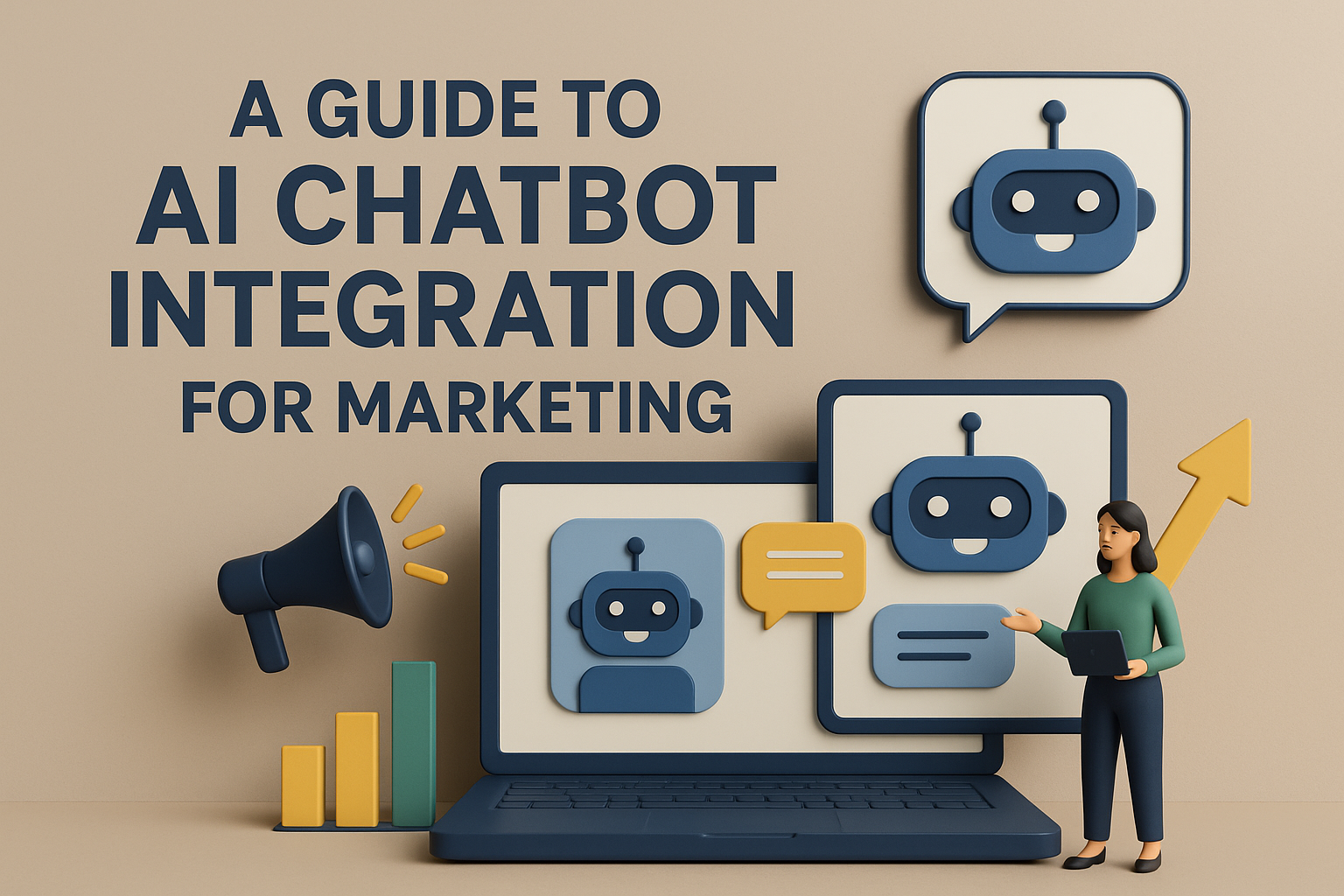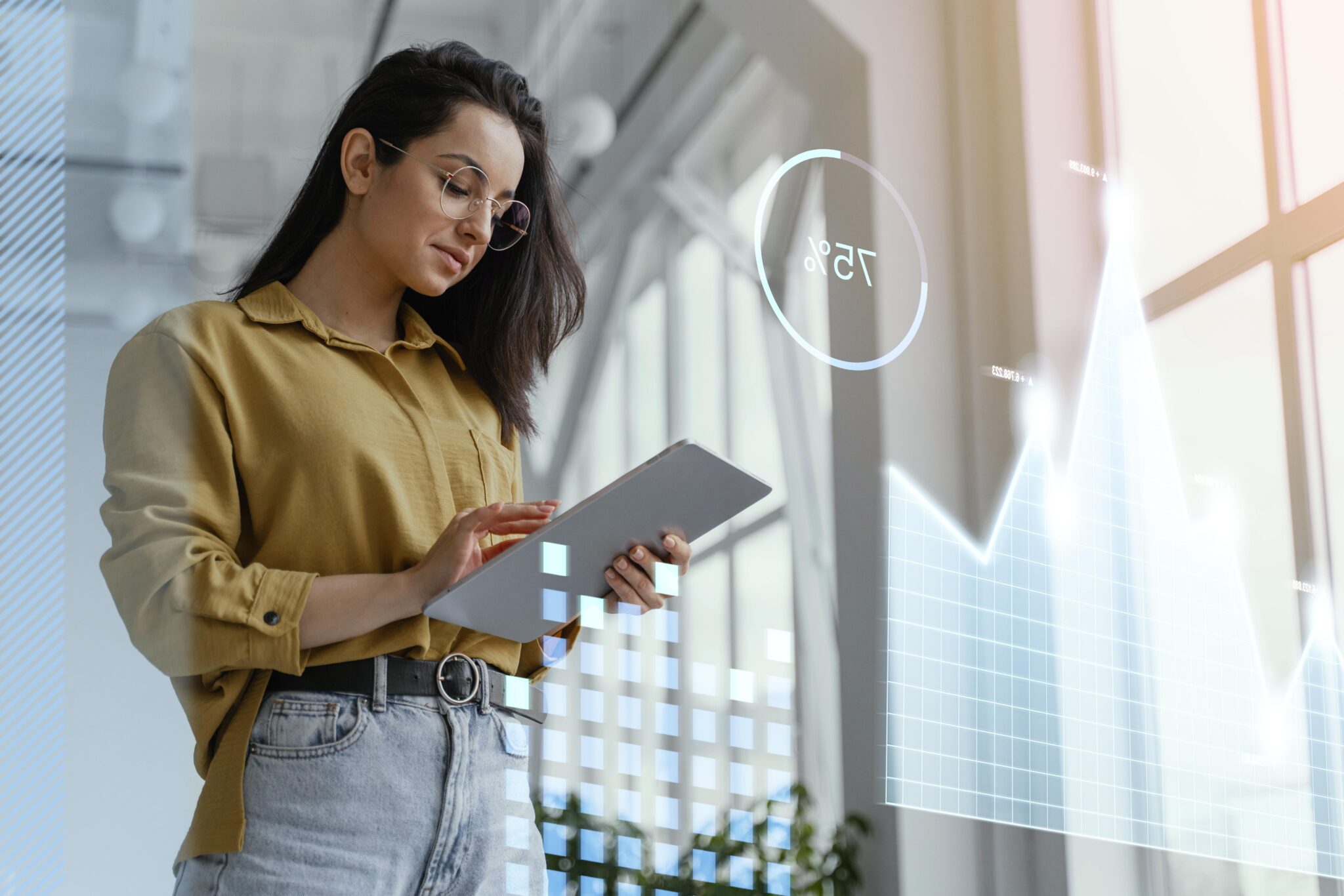AI is no longer just a buzzword in marketing; it’s a powerful engine transforming the entire influencer marketing ecosystem. From automating mundane tasks to enabling hyper-personalization, AI in influencer marketing is creating a more efficient, data-driven, and impactful way for brands to connect with their target audiences. The integration of artificial intelligence is fundamentally changing how brands and creators find each other, collaborate, and measure success.
The Problem with Traditional Influencer Marketing
Before we dive into the solutions, let’s look at the old way of doing things. Traditional influencer marketing, while effective, has always been plagued by a number of inefficiencies:
- Manual Discovery: Finding the right influencers was a painstaking, manual process of sifting through social media profiles, often based on guesswork and vanity metrics like follower count.
- Influencer Fraud: Brands were constantly at risk of working with creators who had fake followers and inflated engagement rates, leading to wasted budgets and poor ROI.
- Campaign Management: Managing a campaign with multiple influencers was a logistical nightmare involving endless emails, contracts, and manual data tracking.
- Measuring ROI: Accurately measuring the return on investment was difficult, as data was often fragmented and lacked real-time insights into conversions and sales.
AI-driven solutions are designed to address these exact pain points, providing a smarter, more scalable approach to influencer collaboration.
How AI is Revolutionizing Influencer Marketing
AI’s role in influencer marketing can be broken down into three core phases: discovery, management, and measurement.

1. AI-Powered Influencer Discovery and Vetting
Finding the right creator is the single most important factor for a successful campaign. AI takes the guesswork out of this process by analyzing vast amounts of data that a human could never process.
- Audience Demographics and Psychographics: AI tools go beyond basic data to analyze an influencer’s audience, providing insights into their interests, behaviors, purchase intent, and brand affinity. This ensures that the influencer’s audience is a perfect match for your target demographic, not just a high follower count.
- Authenticity and Fraud Detection: One of the most valuable features of AI is its ability to detect fraudulent activity. AI algorithms can spot suspicious patterns like sudden follower spikes, bot-like engagement, and comment pods. This ensures you’re investing in creators with genuine, engaged audiences.
- Predictive Analytics: AI can analyze an influencer’s past performance across various campaigns and content types to predict their future success with your brand. This capability helps you forecast potential reach, engagement rates, and conversions before a single contract is signed.
Instead of scrolling endlessly, marketers can use platforms like HypeAuditor, Upfluence, or Modash to find a list of highly vetted, on-brand creators in minutes.
2. Streamlining Campaign Management and Automation
Once you’ve found the right influencers, AI helps automate and streamline the operational aspects of a campaign, freeing up marketers to focus on strategy and creativity.
- Personalized Outreach: AI can help generate personalized outreach emails and messages, ensuring your pitch stands out in a crowded inbox. It can also automate follow-ups and track communication, all from a single dashboard.
- Contract and Pricing Negotiation: Some AI tools use predictive modeling to suggest fair pricing for each influencer based on their engagement metrics, audience quality, and content niche. This takes the guesswork out of negotiations and ensures you’re paying a fair market rate.
- Content and Workflow Management: AI-powered platforms centralize everything from campaign briefs and content calendars to draft approvals and payment processing. This makes it easy to manage hundreds of influencers simultaneously without losing track of a single detail.
3. Data-Driven Measurement and ROI
The holy grail of influencer marketing is proving its value. AI provides unparalleled accuracy and depth in campaign analytics, linking brand awareness directly to business outcomes.
- Real-Time Performance Tracking: AI tools monitor a campaign’s performance in real time, tracking key metrics like reach, impressions, engagement rate, and brand sentiment across all platforms. This allows you to make data-driven adjustments on the fly to optimize results.
- Attribution and ROI Analysis: By integrating with e-commerce platforms, AI can accurately attribute sales and conversions to specific influencer posts. You can see exactly which creator, post, or content type drove the most revenue, providing a clear picture of your return on investment.
- Sentiment and Trend Analysis: Using natural language processing (NLP), AI can analyze audience comments and conversations to gauge brand sentiment and identify emerging trends. This gives you valuable insights into how your campaign is being received and what topics resonate with your audience, informing future strategies.
The Rise of AI-Generated Influencers
AI’s impact goes beyond simply augmenting human processes. It’s also creating a new category of “virtual influencers.” These are computer-generated characters, like Lil Miquela or Imma, that have amassed millions of followers and work with major brands.
- Complete Brand Control: Unlike human influencers, virtual influencers offer brands complete control over their image, messaging, and actions, eliminating the risk of controversy.
- 24/7 Availability: They can operate around the clock, creating content and engaging with audiences in multiple languages and time zones without logistical limitations.
- Cost-Effective Scalability: While the initial investment in creating a high-quality AI influencer can be substantial, the long-term operational costs are significantly lower than managing multiple human creators.
However, the use of virtual influencers also raises questions about authenticity and human connection. Brands must be transparent about a creator’s artificial nature to maintain trust with their audience.
Case Studies: AI in Action
The best way to understand the power of AI in influencer marketing is to see it in action.

- Burger King’s “Million Dollar Whopper” Campaign: Using an AI-powered burger creator, Burger King engaged its audience by letting them design their dream burger. This creative use of AI became the centerpiece of an influencer campaign, where creators promoted the tool and shared their creations, blending user-generated content with AI innovation.
- Himalaya’s Micro-Influencer Campaign: Hobo. Video, an AI-driven platform, helped Himalaya promote a new skincare line by shortlisting 200 micro-influencers from a pool of 20,000 applicants. Predictive analytics identified creators with the highest skincare-related engagement, leading to a highly targeted and successful campaign.
- Hugo Boss’s “Be Your Own Boss” Campaign: The brand worked with both human and virtual influencers, including the AI-powered Imma and Nobody Sausage. AI tools helped monitor real-time audience engagement and optimize messaging, ensuring the campaign’s message resonated across all platforms.
These examples demonstrate that AI is not meant to replace human creativity but to enhance it, providing the data and efficiency needed to scale successful campaigns.
The Future of AI in Influencer Marketing
Looking ahead, the integration of AI will only become more sophisticated. We can expect to see:

- Hyper-Personalization: AI will enable marketers to create campaigns that are not just targeted, but also hyper-personalized to individual user segments, down to their preferred content format and posting time.
- AI-Powered Content Generation: AI will assist creators with tasks like scriptwriting, video editing, and content optimization, allowing them to produce high-quality content at a faster pace.
- Blockchain for Transparency: Blockchain technology will be used alongside AI to verify influencer data and prevent fraud, creating a more transparent and trustworthy ecosystem for both brands and creators.
- From Followers to Communities: AI analytics will focus less on vanity metrics and more on community engagement, identifying creators who can build and nurture a loyal community around a brand.
Conclusion
The convergence of AI and influencer marketing is creating a more intelligent, strategic, and measurable industry. By leveraging AI-powered tools for discovery, management, and analytics, brands can move beyond guesswork and build authentic, impactful relationships with creators who genuinely resonate with their audience.
While human creativity and genuine connection remain at the heart of influencer marketing, AI is the powerful co-pilot that helps navigate the complexities of the digital world, ensuring that every campaign dollar is spent wisely and every collaboration has the potential to deliver exceptional results.




